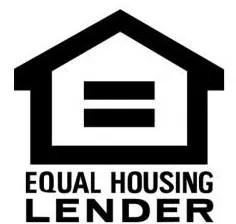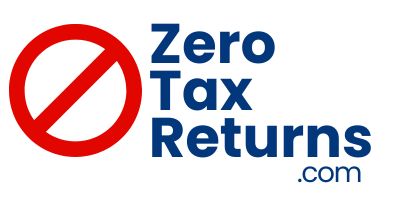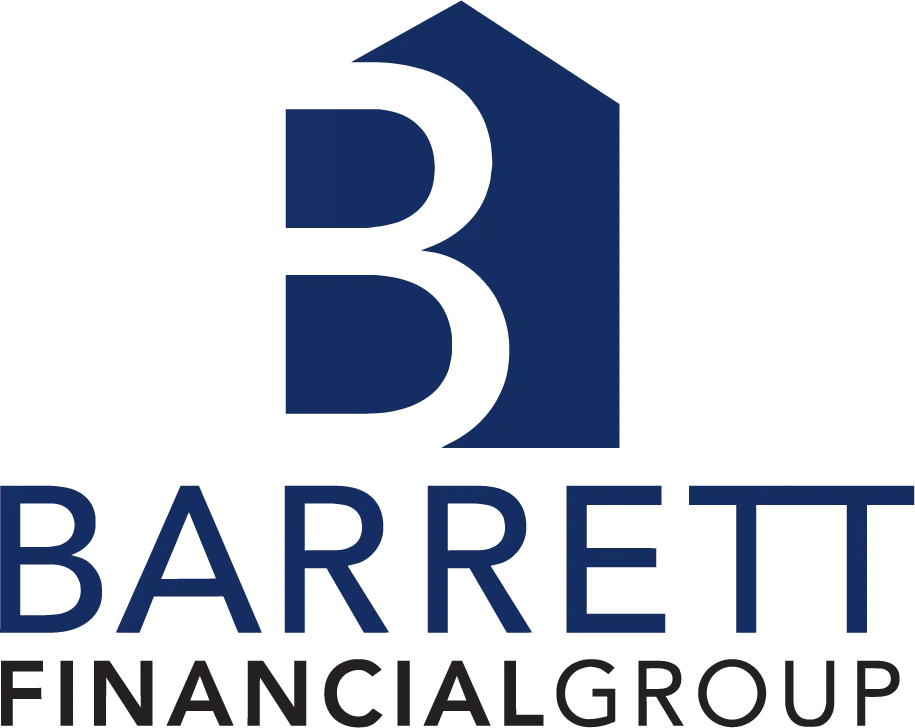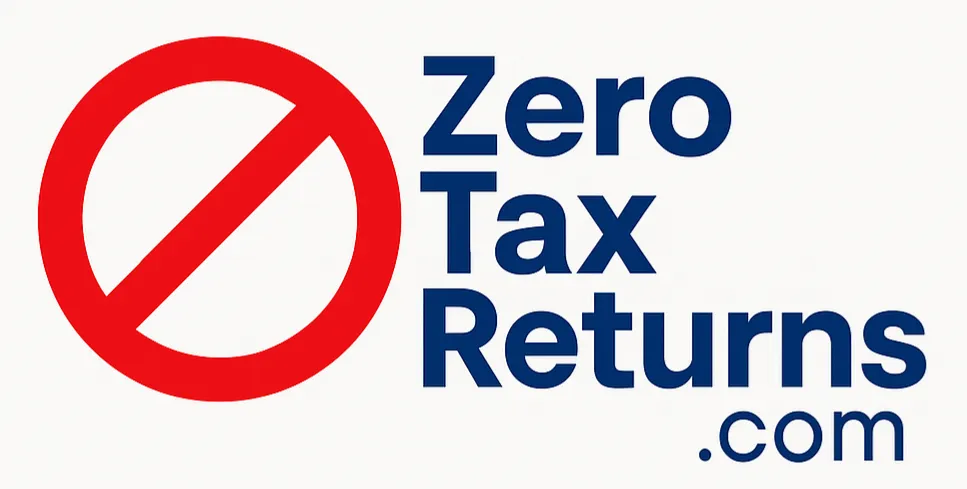Immediate Help (925) 722-6116
No Tax Returns
Home Loans
Mortgage Solutions for
California
Self-Employed
Entrepreneurs.
You Can Get A
Mortgage Without Tax Returns
You Can Get A
Mortgage Without Tax Returns

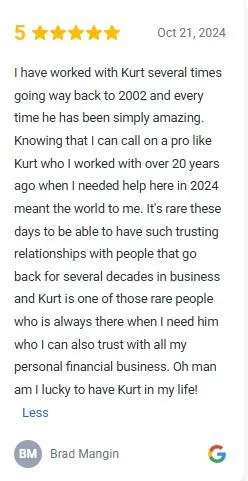
Client Questionnaire:
FEATURES OF
THE CALIFORNIA ENTREPRENEUR
MORTGAGE PROGRAMS
Solutions for those with less than two-year income documentation
Loan amounts up to $4M
Max 90% LTV Purchase
Max 85% LTV R/T Refinance
Max 80% Cash Out Refinance
Minimum 600 FICO
No reserves required ≤ 75% LTV
No 4506T / No K1’s / No Tax Returns
No MI
Owner Occupied, Non-Owner Occupied, Second Homes
Self-Employed & 1099 Borrowers
Traditional lenders don’t understand your income.
We do.
Qualify for the Home You’ve Earned with the Mortgage Designed for Entrepreneurs.
If you’ve been declined because of aggressive write-offs, lack of two years’ tax returns, or needing a jumbo loan with minimal down payment to keep capital in your business, don’t take “no” for an answer.
Our Entrepreneur Mortgage Program leverages your real financial strength, not just your taxable income.
Traditional lenders don’t understand your income. We do. Get a mortgage built for business owners, freelancers, and independent professionals.
With over 25 years of real estate experience, I have been fortunate to have the opportunity to work with thousands of homeowners, assisting them with their financing needs.
Kurt Kessler
Sr. Mortgage Broker
NMLS#365130
Barrett Financial Group LLC NMLS 181106
Testimonials
how it works
Partnering in Your Real Estate Success

Consultation
Discuss your needs and financial goals.

Application
Complete a simple application to start the financing process.

Underwriting
We work with the underwriter to get you loan approved.
Schedule a Time to Talk:
Can I get a mortgage if I’m self-employed?
Absolutely, you can get a mortgage if you're self-employed! Traditional mortgage lenders often have a tough time understanding self-employed entrepreneurs. Your tax returns may not reflect your full income because of legal deductions, or maybe your income isn’t as consistent as you'd like. But here’s the good news: there are alternative ways to qualify, and we specialize in these options.
Bank Statement Loans: We can qualify you based on the deposits into your business or personal bank accounts. Forget about two years of tax returns—if you’ve been making consistent deposits, we can use that as proof of income.
Asset Depletion Loans: Got assets like retirement funds, stocks, bonds, or savings? We can use those to calculate your ability to repay a mortgage, allowing you to qualify for a loan without having to rely on income from tax returns.
Debt Service Coverage Ratio (DSCR) Loans: If you’re purchasing a rental property, we can use the rental income potential of that property to
help qualify you.
At Barrett Financial, we understand the unique financial situation of self-employed individuals, and we’ve got the tools to help you get approved, even if other lenders turned you away.
Do lenders accept 1099 income for a mortgage?
Yes, lenders absolutely accept 1099 income for mortgage applications, but it can sometimes be a bit tricky with traditional lenders. The challenge? Lenders tend to rely heavily on tax returns for proof of income.
If your 1099 income doesn’t reflect your actual cash flow because of deductions or inconsistencies, we can look at your bank statements instead. We review 12–24 months of deposits in your business or personal account to verify your income. It’s a flexible way to prove you’re financially stable without relying on tax returns.
Additionally, if you have a solid savings account or investments, we can use your assets as income to qualify you for a mortgage. This option works well for those who have a significant asset base but less consistent or taxable income.
Can I get a mortgage if I just started my business?
Starting a new business can make qualifying for a mortgage feel like a tough mountain to climb, especially if you haven’t yet established a solid two-year income history. But don't let that stop you.
If you’ve recently launched your business, these alternative financing options can help you qualify for a mortgage without the usual two-year history requirement:
Bank Statement Loans: If your business is new but you’ve been making consistent deposits into your bank accounts, we can use your bank statements as proof of income. No need for two years of tax returns or business history—just solid, consistent cash flow.
Asset Depletion Loans: If your business is still growing, but you’ve got liquid assets, we can use those assets (like retirement savings, stocks, or bonds) to help you qualify for a loan. Essentially, we convert your assets into a monthly income calculation, which can help meet the mortgage qualification standards.
Can I buy a home without 2 years of self-employment?
Yes, you can absolutely buy a home even if you’ve been self-employed for less than two years. While many traditional lenders require at least two years of self-employment history to prove income stability, at NEO Home Loans, we offer alternative solutions that don’t hinge on that specific requirement.
Instead of relying on just your tax returns, we focus on your actual financial situation today. If you’ve been making consistent deposits into your business or personal bank accounts, we can use those as proof of income through our bank statement mortgage program. This allows us to verify your ability to repay a mortgage without needing two years of income history.
If you have liquid assets such as savings, retirement accounts, or investments, we can also consider those with asset depletion loans. In this case, we calculate a monthly income equivalent based on your assets, allowing you to qualify for a loan based on your current financial strength rather than past income.
Even if you don’t have two years of self-employment, your prior work history and industry experience can still play a role in helping you qualify. We consider the full scope of your financial situation, and we’re committed to finding the best way for you to get into the home you want, regardless of how long you’ve been self-employed.
What income do mortgage lenders look at for self-employed borrowers?
When you’re self-employed, mortgage lenders don’t always look at your taxable income alone, especially when you’ve legally written off expenses to minimize taxes. That’s why self-employed mortgage programs offer alternatives to the traditional methods of income verification for entrepreneurs.
Here’s what each self-employed mortgage option will consider:
Bank Statement Loans: Instead of focusing on tax returns, we look at the deposits in your personal or business bank accounts. This is a great solution if your taxable income doesn’t reflect your actual earning power.
Asset Depletion Loans: If your tax returns are low but you have assets (such as savings, retirement funds, or investments), we can use those assets to help calculate your monthly income and qualify you for a mortgage.
Debt Service Coverage Ratio (DSCR): For those buying rental properties, we can use the rental income potential from that property to offset the mortgage and help you qualify.
We’re not just looking at one piece of the puzzle—we consider your entire financial picture to find the best solution for you.
What documents do I need to qualify for a mortgage as an entrepreneur?
As an entrepreneur, the documents you need to qualify for a mortgage will differ from those of salaried employees, but that doesn’t mean you can’t get approved. We understand that your financial picture is unique. Here’s what we typically need to help you qualify:
Bank Statements: We typically look at 12–24 months of personal or business bank statements to verify your cash flow, especially if your tax returns don’t fully reflect income due to write-offs.
1099 Forms: For independent contractors or freelancers, we’ll ask for 1–2 years of your 1099 forms, along with bank statements to get a full picture of your income.
Tax Returns (if applicable): If you have tax returns that reflect steady income, we’ll still review them—even though we offer many alternative solutions.
Asset Documentation: Information on savings, retirement accounts, or investments helps us determine if an asset depletion loan is right for you.
How long do I need to be self-employed to get a home loan?
The short answer: you don’t necessarily need two years of self-employment to qualify for a mortgage, although many traditional lenders require it.
At Barrett Financial, we focus on your current financial strength—using cash flow from your business or bank statements—even if you’ve only been self-employed for a short time. If your business is newer or your income fluctuates, we can still work with you.
Can I qualify for a mortgage using only my assets?
Yes, you can qualify for a mortgage using only your assets. Traditional banks may focus on taxable income, but our asset depletion loans let us use liquid assets—such as savings, retirement funds, or investments—to qualify you.
We calculate a monthly income equivalent based on your assets, so you don’t have to rely solely on tax-return income. Whether you have significant savings or other investments, we can help you leverage those assets to get into the home you’ve worked hard for.
Do I need a CPA letter for a self-employed mortgage?
Some lenders require a letter to verify your business’s financial status or to explain inconsistencies in tax returns, but most of our self-employed loan programs focus instead on bank statements, assets, or property cash flow.
What proof of income do I need to show to get a mortgage as an entrepreneur?
As an entrepreneur, you don’t always have W-2s or consistent pay stubs—but you can still qualify. Here are the alternatives:
Bank Statements: We review 12–24 months of deposits to your business or personal accounts.
Asset Depletion Loans: Use savings or retirement funds as proof of income.
Rental Property Cash Flow: If you’re buying an investment property, we can use its rental income potential to qualify.
How do you qualify for a mortgage as an entrepreneur?
Qualifying for a mortgage as an entrepreneur is different from a traditional salaried employee, but it’s absolutely possible. The biggest challenge for self-employed borrowers often comes from the way tax returns reflect income—especially when legal deductions are used to minimize taxable income.
At Barrett Financial, we understand this challenge and offer flexible solutions designed specifically for entrepreneurs:
- You can qualify based on your bank statements, showing consistent deposits from your business or personal accounts over a period of 12 to 24 months.
-If your business has significant assets, we can use those as well to qualify you through an asset depletion loan.
- If you're purchasing an investment property, we can use the rental income from that property with a Debt Service Coverage Ratio (DSCR) loan.
Simply put, our self-employed mortgage programs make it possible for entrepreneurs like you to qualify for a mortgage based on the strength of your business, your assets, and your financial consistency—not just on your tax returns.
What mortgage options are available for business owners?
As a business owner, you have several mortgage options tailored to your unique financial situation. We focus on offering flexible solutions to help you qualify for a home loan, even if your tax returns don’t fully reflect your earning potential.
Bank Statement Loans: This is a great option for business owners who have fluctuating income or have taken deductions that reduce their taxable income. By using 12–24 months of personal or business bank statements, we can verify your income and qualify you for a loan.
Asset Depletion Loans: If you have substantial savings, retirement accounts, or other liquid assets, we can use these to qualify you for a mortgage. Instead of using income from tax returns, we calculate your assets as monthly income over a set period.
Debt Service Coverage Ratio (DSCR) Loans: If you're purchasing a rental property, we can use the income from that property to help you qualify. This type of loan allows you to rely on rental income instead of traditional personal income.
As a business owner, your financial situation is unique. We’re here to provide the mortgage solutions that work best for you.
What is an Asset Depletion mortgage?
An Asset Depletion mortgage is a loan option that allows self-employed individuals or business owners to qualify for a mortgage using their liquid assets instead of income. This is ideal for entrepreneurs who have significant savings, investments, or retirement accounts but may not have consistent income due to business deductions or fluctuating revenue.
Here’s how it works: we calculate a monthly income equivalent based on your assets. For example, if you have a substantial retirement account or stocks, we will divide the total value of those assets over a set period—typically 10 years—to determine your monthly “income” for mortgage qualification purposes.
This type of mortgage is perfect for business owners who may not meet traditional income verification requirements but have enough assets to comfortably repay a loan. At Barrett Financial, we specialize in using this strategy to help business owners and entrepreneurs get the homes they can truly afford, without being penalized for their tax strategies or inconsistent income.
Can I use my business income to qualify for a mortgage?
Yes, you can use your business income to qualify for a mortgage, but it depends on how the income is documented.
We understand that business owners often face challenges when it comes to showing their true income, especially if your tax returns reflect reduced earnings due to legal deductions. We offer several ways to verify your business income without relying solely on tax returns:
Bank Statement Loans: If your business deposits are consistent, we can use your bank statements (personal or business) as proof of income. We’ll review 12–24 months of statements to ensure that your cash flow is stable enough to support a mortgage.
Profit and Loss Statements: If your business is relatively new or you don't have extensive tax returns, we can work with you to create profit and loss statements that reflect your income.
The goal here is to help you qualify based on the actual income that comes through your business, not just what’s reflected in your tax returns.
What are bank statement loans for entrepreneurs?
Bank statement loans are a great option for entrepreneurs who struggle to qualify for traditional mortgages due to inconsistent income or deductions on their tax returns. Instead of relying on tax returns to verify your income, bank statement loans allow us to use the deposits in your personal or business accounts as proof of your earning ability.
We typically review 12 to 24 months of bank statements to assess the consistency of your deposits. This is ideal for self-employed individuals whose income fluctuates, as it provides a clearer picture of your cash flow. Whether you’re a contractor, freelancer, or small business owner, this type of loan allows you to qualify based on the actual revenue coming into your accounts, rather than the income that’s reported on your tax returns.
We are very familiar with the intricacies of bank statement loans and can help you navigate the process so you can qualify for the mortgage you deserve.
Can I use my 1099 to get approved for a house?
Yes, you can absolutely use your 1099 income to qualify for a mortgage, but it’s important to understand how traditional lenders view it versus what we can do at NEO Home Loans.
As a 1099 contractor, your income may fluctuate, and you might have more business expenses, which can reduce your taxable income. Traditional lenders often focus heavily on tax returns, making it harder for 1099 earners to qualify for a mortgage.
However, we have alternative programs that allow us to use your 1099 forms as proof of income. In addition to your 1099 income, we also look at your bank statements to verify consistent deposits. This combined approach gives us a clearer picture of your ability to repay the loan, even if your taxable income doesn’t reflect your full earning potential.
When banks say no to 1099 income, NEO says YES. We can help you qualify using your 1099s and bank statements, making it easier to get into the home you want.
What mortgage options do I have if I am self-employed with no tax returns?
If you’re self-employed and have no tax returns, you still have options to qualify for a mortgage—NEO Home Loans specializes in helping entrepreneurs in exactly this situation. Traditional lenders typically require tax returns, but we understand that self-employed individuals sometimes have unique financial situations that don’t fit the mold of a conventional borrower.
Here are some options:
Bank Statement Loans: If you have consistent deposits into your business or personal bank accounts, we can use those to verify your income instead of relying on tax returns. This is often the best option for self-employed individuals who may have fluctuating income or who have used deductions to reduce their taxable income.
Asset Depletion Loans: If you have significant assets, such as savings, retirement funds, or investments, we can use those assets to qualify you for a mortgage. This allows us to calculate a monthly income equivalent based on your assets, even if you don’t have tax returns to show.
Debt Service Coverage Ratio (DSCR) Loans: If you’re purchasing a rental property, we can use the rental income from that property to help you qualify. This is a great way to leverage the cash flow from your investment property to get approved for a mortgage.
We offer flexible solutions designed to work for self-employed individuals with no tax returns. We focus on your current financial situation, whether it’s through bank statements, assets, or rental income, and we’ll help you find the best option for securing the home you want.
How long do I need to be self-employed to get a home loan?
The short answer: you don’t necessarily need two years of self-employment to qualify for a mortgage, although many traditional lenders require it.
At Barrett Financial, we focus on your current financial strength—using cash flow from your business or bank statements—even if you’ve only been self-employed for a short time. If your business is newer or your income fluctuates, we can still work with you
Kurt Raymond Kessler | NMLS #365130 | Barrett Financial Group, L.L.C. | NMLS #181106 | 2701 East Insight Way, Suite 150, Chandler, AZ 85286 | CA 60DBO-46052 & 41DBO-148702 Licensed by Dept. of Financial Protection & Innovation under the California Residential Mortgage Lending Act. Loans made or arranged pursuant to a California Financing Law License | Equal Housing Opportunity | Equal Housing Lender | This is not a commitment to lend. All loans are subject to credit approval. | nmlsconsumeraccess.org/EntityDetails.aspx/COMPANY/181106
This is not a commitment to lend. All loans are subject to credit approval. This information is not intended to be an indication of loan qualification, loan approval or commitment to lend. Other limitations may apply. No Tax Return loans products require other forms of income documentation and asset verification in lieu of tax returns. Not all applicants will qualify. Some products we offer may have a higher interest rate, more points or more fees than other products requiring more extensive or different documentation. Minimum FICO, reserve, and other requirements apply.
Copyright © 2025 | All Rights Reserved | Licensing | Privacy-Policy | NMLS Consumer Access |https://www.barrettfinancial.com

